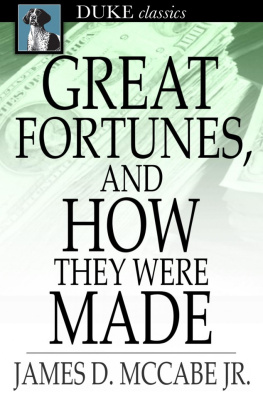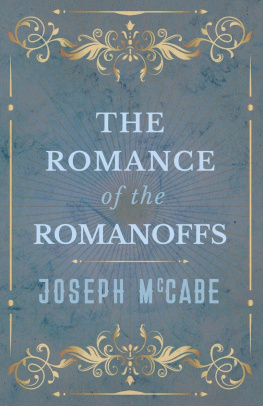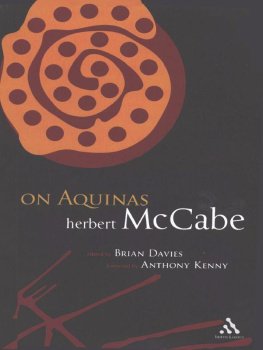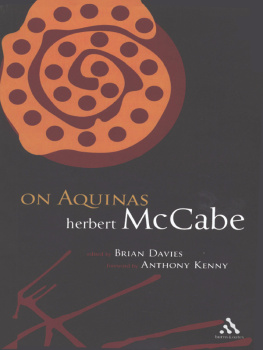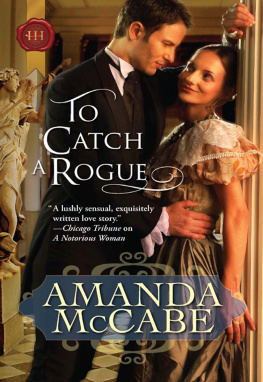Carol McCabe Booker - Alone atop the Hill
Here you can read online Carol McCabe Booker - Alone atop the Hill full text of the book (entire story) in english for free. Download pdf and epub, get meaning, cover and reviews about this ebook. year: 2015, publisher: University of Georgia Press, genre: Non-fiction. Description of the work, (preface) as well as reviews are available. Best literature library LitArk.com created for fans of good reading and offers a wide selection of genres:
Romance novel
Science fiction
Adventure
Detective
Science
History
Home and family
Prose
Art
Politics
Computer
Non-fiction
Religion
Business
Children
Humor
Choose a favorite category and find really read worthwhile books. Enjoy immersion in the world of imagination, feel the emotions of the characters or learn something new for yourself, make an fascinating discovery.

- Book:Alone atop the Hill
- Author:
- Publisher:University of Georgia Press
- Genre:
- Year:2015
- Rating:3 / 5
- Favourites:Add to favourites
- Your mark:
- 60
- 1
- 2
- 3
- 4
- 5
Alone atop the Hill: summary, description and annotation
We offer to read an annotation, description, summary or preface (depends on what the author of the book "Alone atop the Hill" wrote himself). If you haven't found the necessary information about the book — write in the comments, we will try to find it.
Alone atop the Hill — read online for free the complete book (whole text) full work
Below is the text of the book, divided by pages. System saving the place of the last page read, allows you to conveniently read the book "Alone atop the Hill" online for free, without having to search again every time where you left off. Put a bookmark, and you can go to the page where you finished reading at any time.
Font size:
Interval:
Bookmark:
ALONE ATOP THE HILL
The Autobiography of Alice Dunnigan, Pioneer of the National Black Press
Edited by Carol McCabe Booker
With a foreword by Simeon Booker

A Sarah Mills Hodge Fund Publication
This publication is made possible in part through a grant from the Hodge Foundation in memory of its founder, Sarah Mills Hodge, who devoted her life to the relief and education of African Americans in Savannah, Georgia.
Published by the University of Georgia Press
Athens, Georgia 30602
www.ugapress.org
2015 by Robert W. Dunnigan and Carol McCabe Booker
All rights reserved
Designed by Melissa Bugbee Buchanan
Set in 10.75/14 Minion Pro
Printed and bound by Thomson-Shore, Inc.
The paper in this book meets the guidelines for
permanence and durability of the Committee on
Production Guidelines for Book Longevity of the
Council on Library Resources.
Most University of Georgia Press titles are
available from popular e-book vendors.
Printed in the United States of America
19 18 17 16 15 c 5 4 3 2 1
Library of Congress Control Number: 2014957344
ISBN: 978-0-8203-4798-1 (hardcover: alk. paper)
ISBN: 978-0-8203-4860-5 (ebook)
British Library Cataloging-in-Publication Data available
If I can so live to inspire others to strive to achieve,
I will not have lived my life in vain.
Alice Dunnigan, letter to Claude A. Barnett, January 20, 1948
I knew Alice Dunnigan for all the years I worked in Washington, first as a reporter for the Washington Post, and then as bureau chief for Jet and Ebony magazines, until her death in 1983. Quiet, unassuming, and plain-spoken, she had a passion for both journalism and politics, and she was successful at both.
Alice arrived in Washington, D.C., in 1942, almost a decade before I joined the Washington Post toward the close of 1951 for a two-year stint that almost killed me, so difficult was it to function as a reporter in a city where even the pet cemeteries were segregated. In 1956, when I returned from Chicago as bureau chief of John H. Johnsons growing magazine empire, I found that Alice was still making her rounds as chief of the Associated Negro Presss one-person bureau. Never having given up despite incredible obstacles, she was actually thrivingnot financially by any means, but in reputation and political access. Even without the backing of a daily newspaper, or the paycheck and connections that such employment guaranteed, Alice in 1947 had doggedly and successfully pursued the credentials to join both the White House press corps and the Capitol Press Galleries as the first black woman journalist accredited by either. When blocked from the latter because she did not represent a daily paper, she campaigned for a rule change so that a news agency and the weekly newspapers it serveda staple in the black communitywould no longer be denied access. She went right on to pursue the same access to the White House. Although encountering, as she later reported, more discrimination as a woman than as an African American, she managed within months to secure a berth on the Presidential Special carrying Harry S. Truman cross-country on a whistle-stop trip to the West Coastalbeit on her own dime when the newspapers she represented refused to pay her expenses.
Alices story did not begin in 1947, although from that point on her world was very different from the one she left. If, as she requests, we judge her not by what she achieved but by the depths from which she rose (paraphrasing Frederick Douglass), her journey from sharecroppers daughterand, in fact, a sharecropper herself as well as a laundress, cook, and nanny at points in her early lifeAlices journey from a red clay hill in rural Kentucky to the marble columns of the White House is an incredible success story.
Originally titled A Black Womans Experiencefrom Schoolhouse to White House, Alices description of her struggle to become and to sustain herself as a schoolteacher in rural Kentucky is as jaw-dropping as her later account of making it as a reporter in pre-civil-rights-era Washington. The original title did not reflect the steep slope of her early climb out of the rural poverty of her birth, and it was also ridiculed by detractors who substituted outhouse for schoolhouse.
Reading like a novel and told in her own words, painstakingly recorded in retirement after her successive careers as a rural schoolteacher, White House correspondent, and finally political activist, Alices story should give hope to anyone who has ever doubted his or her ability to make it through tough times or, much more painfully, his or her own worth. Alices experience offers a resounding, Yes, you can! as long as, in the words of the Negro spiritual, you keep-a inching along.
Simeon Booker, Jet/Ebony
Washington Bureau Chief, 1956-2007
It wasnt the poverty of a washerwomans life in rural Kentucky that drove young Alice Allison relentlessly to succeed as a professional. Poverty would be with her for most of her life, even as a national reporter for more than one hundred black weekly newspapers. What spurred her on was a keen intellect, immense determination, and a yearning for dignity and respect despite intractable racial and gender barriers. Alice so hungered for learning that nothingnot even her fathers tauntswould keep her from walking miles to the Negro schoolhouse, staying at the top of her class, and earning a teaching certificate in record time. But even with these accomplishments, she still had to confront a system in which, like her mother, she might spend her life either washing the clothes or caring for the children (or both) of white families. With too few Negro schools, teaching positions for blacks were scarce, and there were no other viable options for a woman in a state where Jim Crow still held sway. None of those realities stopped Alice Dunnigan from pursuing and achieving much more, including a long and impressive litany of historic firsts as a black female reporter:
accredited to the White House
traveled with a U.S. president (Truman)
credentialed by the House and Senate Press Galleries
accredited to the Department of State
accredited to the Supreme Court
voted into the White House Newswomens Association
voted into the Womens National Press Club
broke into the all-male bastion of Washington sports reporting
Despite all this, few people today know her story. Alice Dunnigans historic achievements during the 1940s and 1950s are largely forgotten, in large part due to the tsunami of civil rights battles and victories that swept over the nation during the 1960s. The exceptions are largely among the small cadre of surviving veterans of the 1950s and 1960s black press, the civil rights movement, and the administrations of Presidents Kennedy and Johnson. They remember her with admiration and respect.
This historical breach was rectified to some degree at the Newseum in Washington, D.C., on January 17, 2013, when the National Association of Black Journalists (NABJ) inducted Alice Dunnigan posthumously into its hall of fame. Also among the honorees that evening was another legend of the black press, Simeon Booker (my husband), who at ninety-four was one of a handful of attendees (besides her family) who had actually known Dunnigan. I recalled seeing her only once, at one of the famous Christmas parties hosted by the Washington bureau of Johnson Publishing Companys popular
Next pageFont size:
Interval:
Bookmark:
Similar books «Alone atop the Hill»
Look at similar books to Alone atop the Hill. We have selected literature similar in name and meaning in the hope of providing readers with more options to find new, interesting, not yet read works.
Discussion, reviews of the book Alone atop the Hill and just readers' own opinions. Leave your comments, write what you think about the work, its meaning or the main characters. Specify what exactly you liked and what you didn't like, and why you think so.

